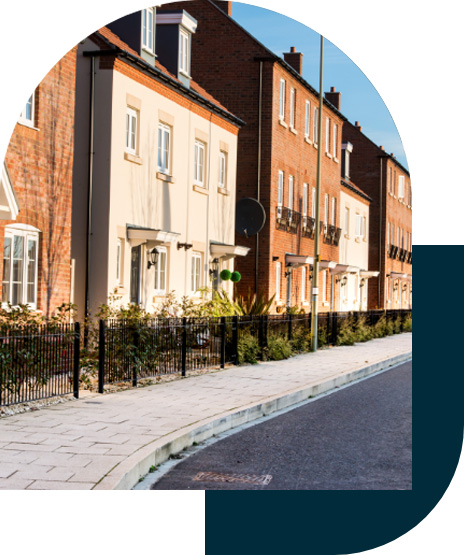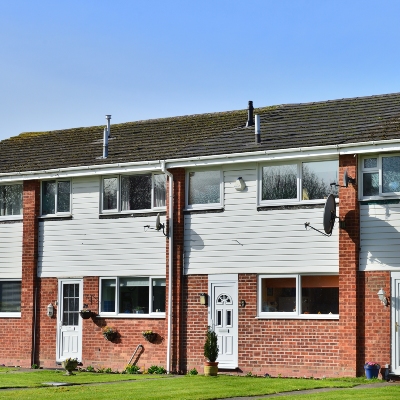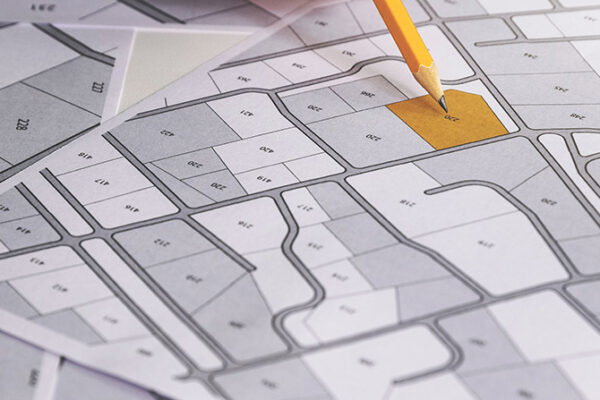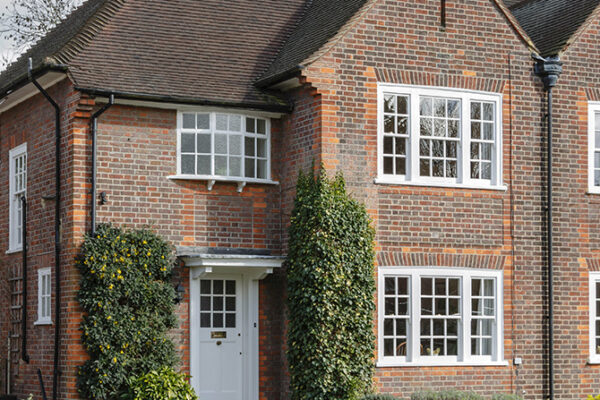Our Conveyancers can help you with the buying/purchasing process of your property
Conveyancing is a term used to refer to the process of transferring the ownership of the property from one person to another.

HSR Law deal with purchases of
Freehold and Leasehold properties.
The purchase process usually takes the following steps:
- We receive instructions from the person buying the property OR the estate agents acting for the seller. A sales memorandum is produced (which is a simple list of all the relevant details of the transaction including the parties’ names, address details and the confirmation of the purchase price).
- We send out the client onboarding documents, including the client care letter (noting the fees involved), an Instruction Form (for the client to complete) and standard terms and conditions.
- As part of the client requirements, we must obtain I.D. for Anti Money Laundering (AML) purposes and we request monies on account to allow us to commission electronic ID checks and to order any required property searches. On a purchase, HSR Law request £400.00.
- Subsequent to the above, we confirm with the seller’s solicitor HSR Law are instructed by, and we request the contract pack from the seller’s solicitor.
- Upon receipt of the contract pack, we review and report to the client on any initial findings (usually including sending a plan of the property for confirmation of the area involved).
- We then complete order searches to check for any adverse / onerous entries registered against the property or any nearby development that may affect the property you are buying. The searches usually include an Environmental Search, Local Authority Search, Coal Mining and Drainage and Water Search.
- If the clients are buying with the aid of a mortgage, we should receive a mortgage offer and we report to the client on the contents of this, such as the term, repayment amounts, and any other obligations.
- HSR Law send enquiries to the seller’s solicitors based on the review of the legal title, content of the searches, the property information and the fixtures and fittings forms provided by the seller.
- We provide a draft TR1 (Transfer Deed) to the seller’s solicitors.
- We await replies to enquiries and then report back to the client before agreeing dates to work towards for exchange of contracts and completion.
- Exchange contracts and set a date for completion (this can sometimes be on the same day).
- Request any required mortgage funds and any balance needed from the clients.
- On the day of completion, transfer the completion monies to the seller’s solicitors.
- Confirm completion and where the clients can collect the keys (usually from the estate agents).
- Deal with post-completion registrations which would include submitting and paying (if any) stamp duty (SDLT) and making an application to register the transfer of the property at the Land Registry.
- Once the registration is completed, we send a copy to the clients as evidence of them being the new owner of the property.

We are CQS Accredited
The Conveyancing Quality Scheme (CQS) accreditation demonstrates that HSR Law Solicitors can provide residential conveyancing advice of the level expected by clients, lenders and the wider residential conveyancing community.
Being CQS accredited means we have the expertise to deliver quality residential conveyancing advice and use standardised processes to manage and reduce risks.
Your Buying Team
Property FAQs
Exchange means that your contract to purchase is now legally binding. If you withdraw from the sale, you will lose the deposit you paid. On exchange you also set the date for completion.
No, your Lenders grant the mortgage but they ask us to confirm that the valuation has no errors and that there are no issues with the property that they should be informed of. It is our job to ensure that both you and your Lender are happy to proceed.
Someone over 18 has to witness your documents and no one that is related to you
The ISA can only be used as part of completion funds to pay the balance of the property. It cannot be used as the deposit. Your buyer’s solicitor may agree to accept a lower deposit on exchange. Your solicitors can charge £50 plus VAT for applying for this for you.
If you are a cash buyer this is your choice, but HSR Law would always advise that you do obtain searches . If you are purchasing with the aid of a mortgage, this is mandatory. The main searches are as follows:
Local Authority
A local authority search will provide you with detailed information about your property and the surrounding areas including planning entries and road adoptions. This will give you peace of mind before going ahead with the purchase of your new home and ensure you avoid any surprises in the future
Water and Drainage
A water and drainage search will confirm the proximity of the property to public sewers, whether the property has a sewer running within the boundaries of the property and if the property is connected to mains services.
Environmental search
An environmental search would confirm whether the previous land use of the property creates a potential environmental risk. This search will highlight issues which would include:
Landslides
Subsidence
Contaminated land such as historic landfills and waste sites
The risk of flooding from nearby rivers or seas
Mining search
A mining search is required if the property is situated in an area of previous or current mining history and is at risk of being built on unstable ground.
If you hold the property as joint tenants, both of you will own the whole of the property. You will not each have a quantified share in the property and will not be able to leave a share of the property in your will. If you sell the property, or if you separate, it will be presumed that you both own the property equally.
If you hold the property as tenants in common, each of you will own a specified share in the property. For example, one owner could own 70% of the property while the other holds 30%. The percentage shares are commonly used to reflect the amount of money contributed.
If you buy a property freehold, it means you completely own the property and the land it sits on
When you buy a property that is leasehold, you own it for a set length of time, which is the term of the lease.
Click here to read our Freehold vs Leasehold factsheet.
Our Latest Residential Property News
- Am I Eligible for the Right to Buy Scheme? Key Rules ExplainedThe Right to Buy scheme helps council tenants purchase their homes at a discount, but not everyone qualifies. In this guide, Ryan Morgan, Partner and Residential Conveyancing Solicitor at HSR Law, explains who can apply, how discounts are calculated, and how our team can support you through the process from start to completion.
- A quick guide to remortgagingRemortgaging is the process of switching your existing mortgage to a new deal, either with your current lender or a different one.
- Traditional v Modern AuctionsExploring and comparing the difference between traditional and modern method auctions when purchasing property.
- Stamp Duty Changes from 1st April 2025Significant changes to Stamp Duty Land Tax (SDLT) are being implemented from 1st April 2025.
- Freehold vs Leasehold Property: What’s the difference and which is right for you?Understanding the difference between freehold and leasehold is crucial when buying or selling property in England and Wales. This guide explains what each type of ownership means, how they affect your rights and responsibilities, and what to consider before making a decision.















